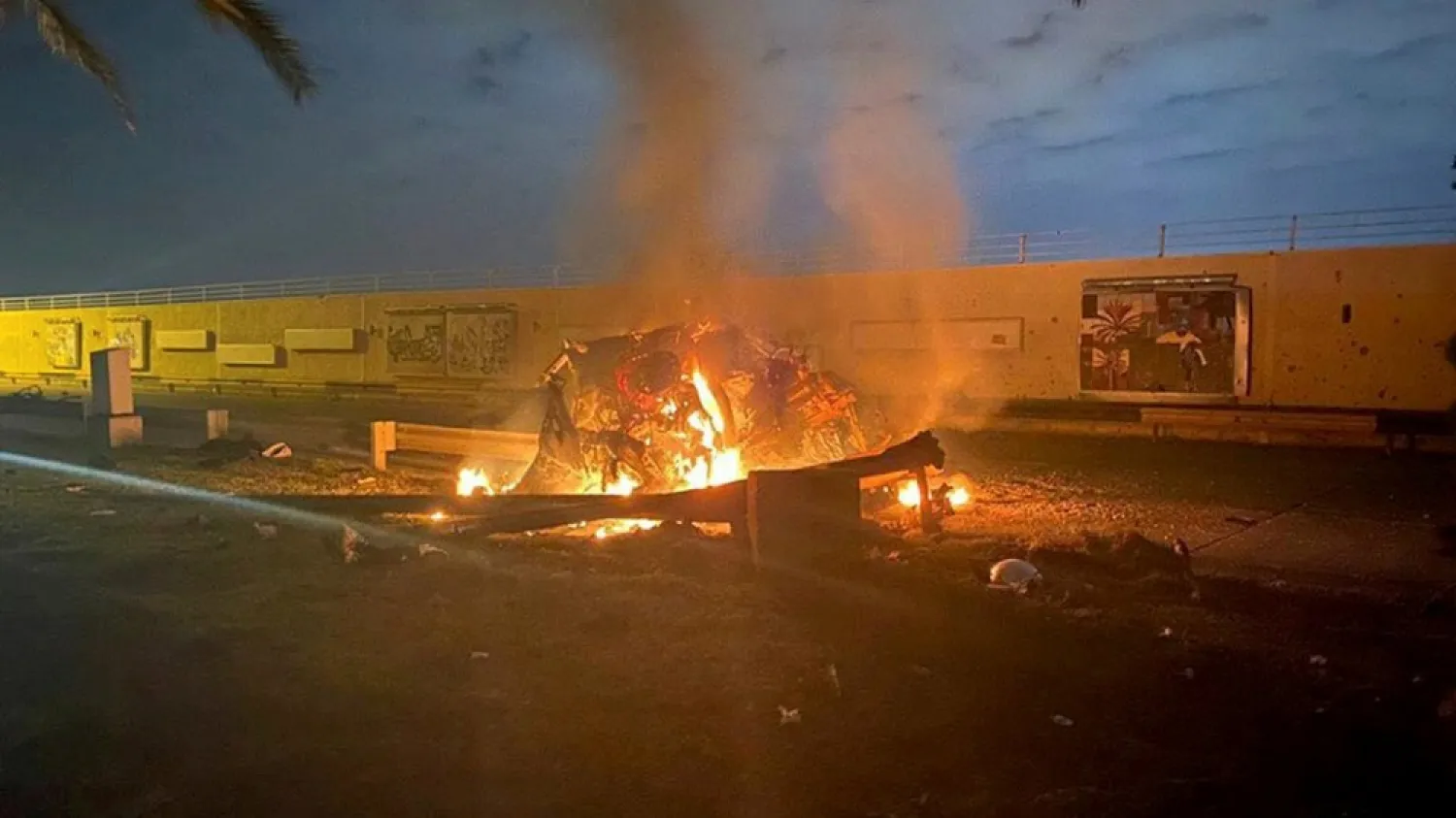Two men have been indicted on charges stemming from the hacking of dozens of websites based in the United States, actions that the federal authorities said were taken in retaliation for the death in an American drone strike of top Iranian commander Qassem Soleimani, reported the New York Times.
Behzad Mohammadzadeh and Marwan Abusrour were charged with “conspiracy to commit intentional damage to a protected computer and intentional damage to a protected computer,” according to the indictment, which was dated Sept. 3 and unsealed on Tuesday.
Mohammadzadeh, a citizen of Iran who the authorities believe is about 19 years old, and Abusrour, a Palestinian, who is about 25 are believed to be in their home countries.
The indictment, announced by the US Attorney’s Office for the District of Massachusetts, did not identify or describe the approximately 51 websites that were attacked. The attacks began days after American officials announced the death of Soleimani, Iran’s most powerful security and intelligence commander, in a drone strike at Baghdad International Airport on Jan. 2, according to the indictment.
Shortly after his death was announced, Mohammadzadeh transmitted codes to 51 websites in the United States, making them display pictures of Soleimani against an Iranian flag and messages including “Down with America,” according to the indictment.
“These hackers are accused of orchestrating a brazen cyber-assault that defaced scores of websites across the country as a way of protesting and retaliating against the United States for killing the leader of a foreign terrorist organization,” Joseph R. Bonavolonta, special agent in charge of the FBI’s Boston Division, said in a statement. “Now, they are wanted by the FBI and are no longer free to travel outside Iran or Palestine without risk of arrest.”
After Soleimani was killed, the chief of cybersecurity at the Department of Homeland Security warned the public to be on alert for cyberattacks.









